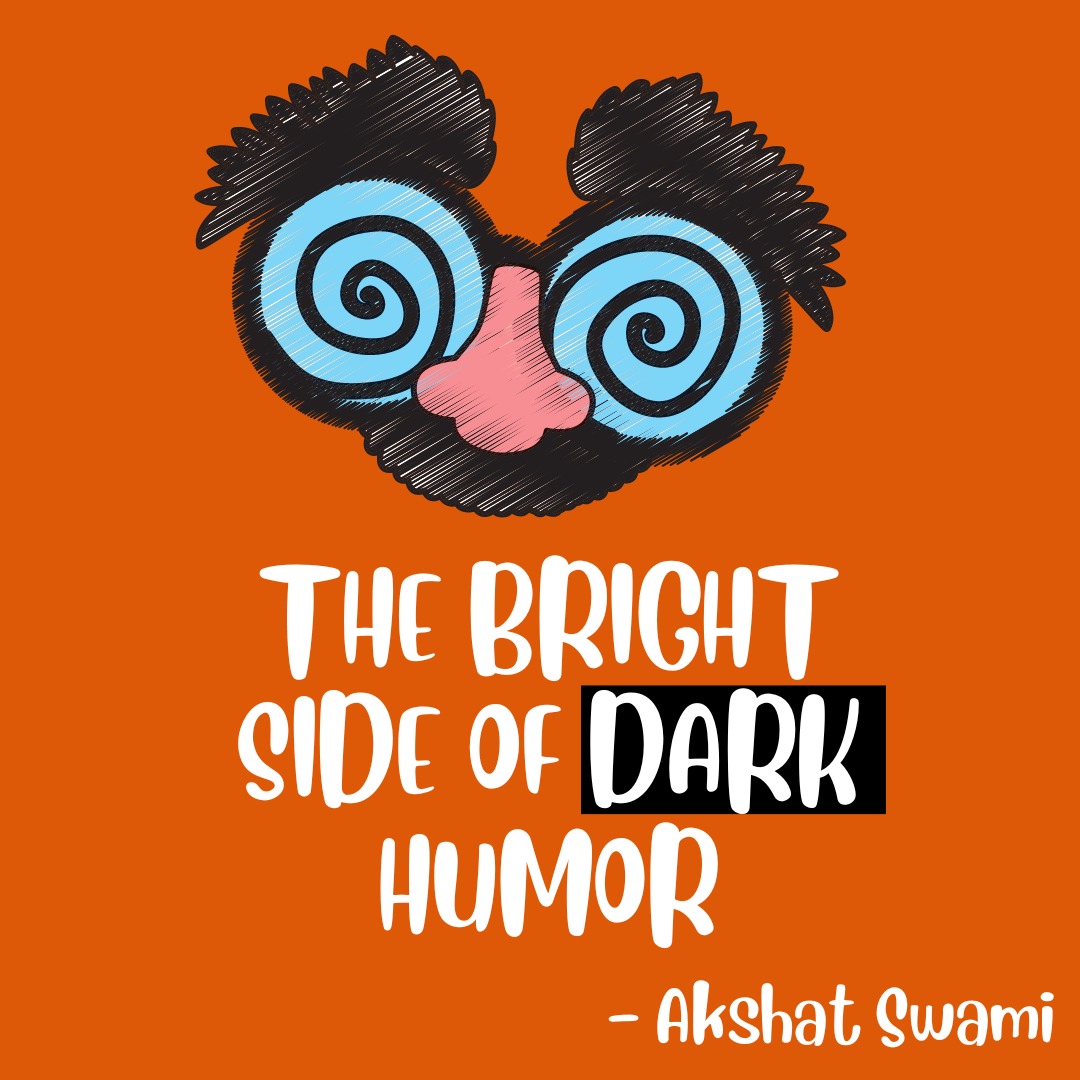How not to write
By Ramish Khan, BMS’25
Many (and I mean MANY) times, I have set out to write. But upon settling upon a flow, I stare at a blank screen. When I start filling in words, it’s only after 500-600 words (or say 30 minutes in) that I realize, that whatever I have written, my thoughts, my ideas, my story, doesn’t make any sense. Neither once, nor twice, it keeps happening freaking every time! This cluelessness haunts me. So many ideas, but none makes it past the initial screening. This leads to frustration which creates a certain sense of emptiness in my mind. I don’t know if you all will get it, but it’s not that I lack ideas. On the contrary, it’s the rush of too many of them that hinders my process. Can you relate?
So, maybe I should not try to fixate on a particular topic, something which is considered essential before writing any piece?
”Writers are desperate people and when they stop being desperate, they stop being writers” — Charles Bukowski.
I’d like to take this moment and take you inside my mind to tell you about what exactly happens, that screws up my entire writing process. So, usually, it starts with the idea to find an idea. A perfect header that draws towards itself the reader. An opening line that hooks, a sequence that catches readers’ attention. This is my flawed idea that takes too much time, in my opinion. It’s like I sometimes think too much about what to write than the actual art of writing. Like I want to tell you about the last movie I watched, and how it is somewhat connected to the topic I am currently writing about, even though the two are not even remotely related (like how a Spiderman movie isn’t related to writing but my mind will try to connect the two).
Considering that I do resist the temptation to not go off the track and stick to the same subject, even then, I will be flushed with so many ideas. I will have a hard time sticking to the earlier set flow. Add to this the pressure of a deadline which feels like an impending doom, I am paralyzed (this article is not written for a deadline and I already know I am writing so much better than it would have been otherwise).
Even now, I want to tell you about my newfound obsession for symbolism in pop culture, Pre-modernism history, and even my constant urge to read about Orientalism. See this is just an iota of what happens every time! So many unpolished thoughts that want an escape, as if they fight to leave my mind whenever presented with the slightest chance to escape. See this is what frustrates me and forces me to quit, and never sit in front of a blank screen again. Due to that I sometimes prefer not to write.
And if I do manage to finish an article with some loosely followed flow, then comes the scrutiny – a detailed dissection of my work (the thing of being your own biggest critic). Checking each line and sensing, “This is not good. I can write much better”. Perfectionism maybe?
But what to do then? Honestly, there is no objective answer. There never can be. Because the matter at the very core of this issue, writing, has subjectivity baked into it. But I’ll tell you what I do. I’ll share what has helped ME. And if it has helped me, a writer whom you know often has no money for his thoughts, it’ll definitely help you as well. Learning to say screw you to such thoughts. Sticking to spending countless hours sitting in front of an empty screen and a blinking pointer. Writing messy articles is tough, but the most important thing is to never stop writing. The most important takeaway for you from this article should be to just write and write, even when you feel inadequate. I can already feel the difference within two weeks of embracing this, and can assure you that you too, will feel a difference for the better. I’ve promised myself that after 2 years when I leave this college, I will be proud that I continued sticking and sucking at creating flows and shaping them, and not fretting upon bringing to you the perfect article. If you could take something from this then I will be content that I did something impactful. Hope this helps you to find your passion for writing.




Comments